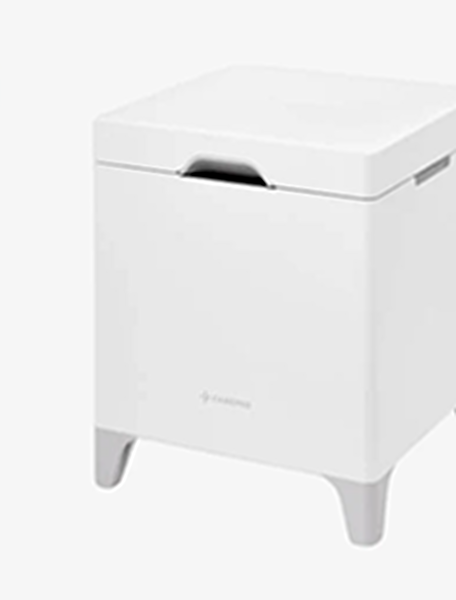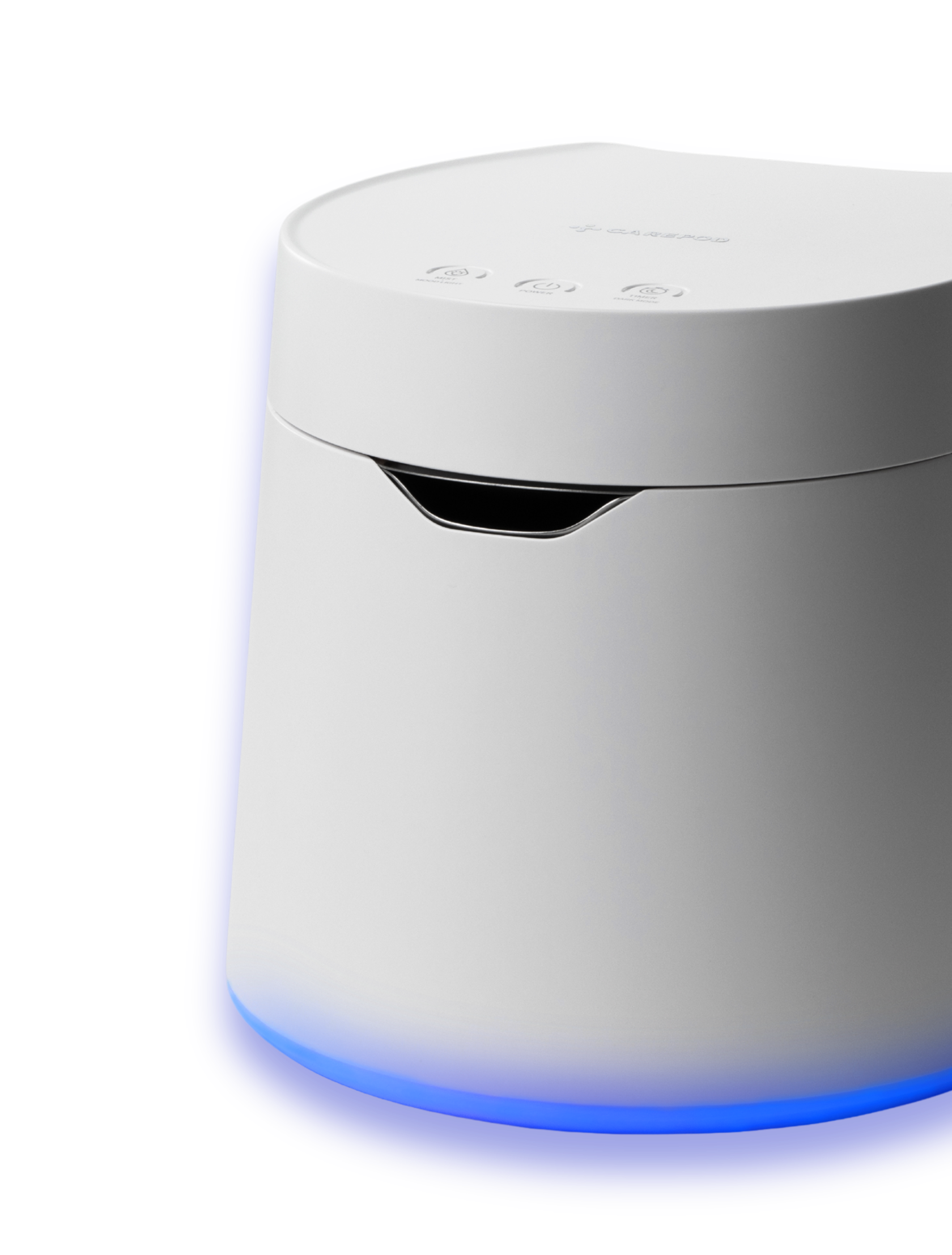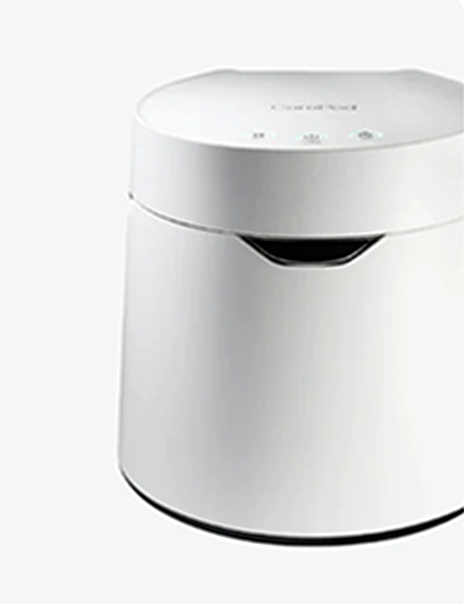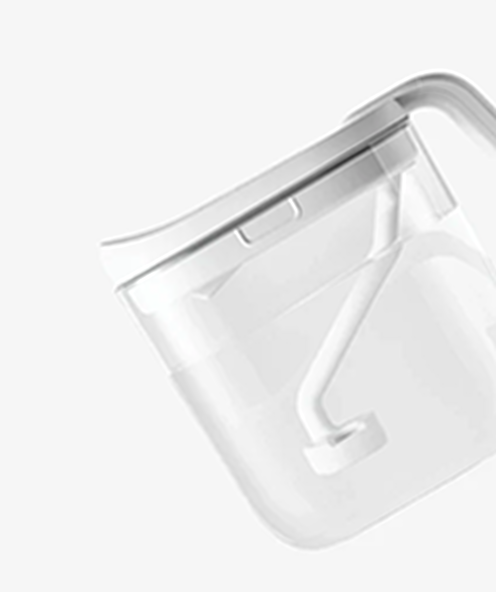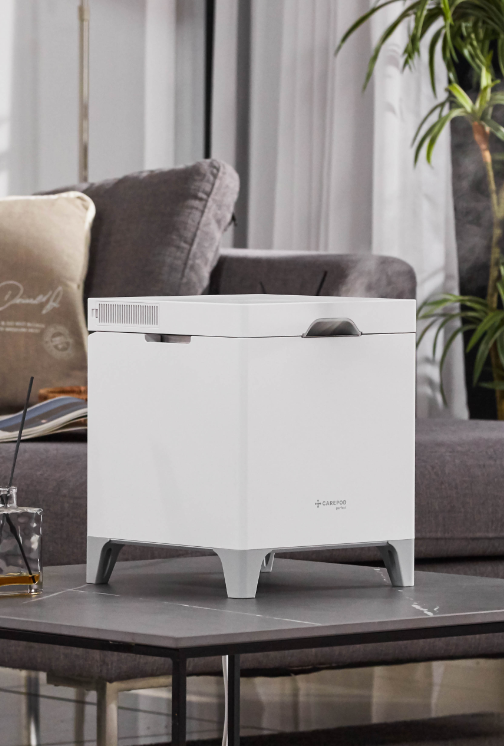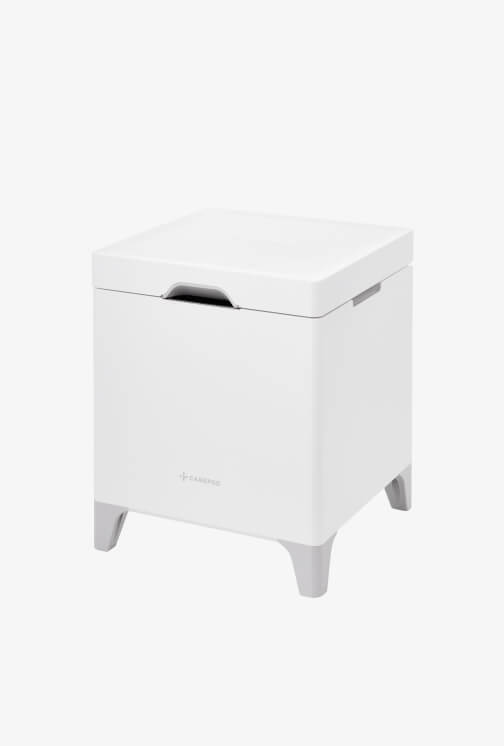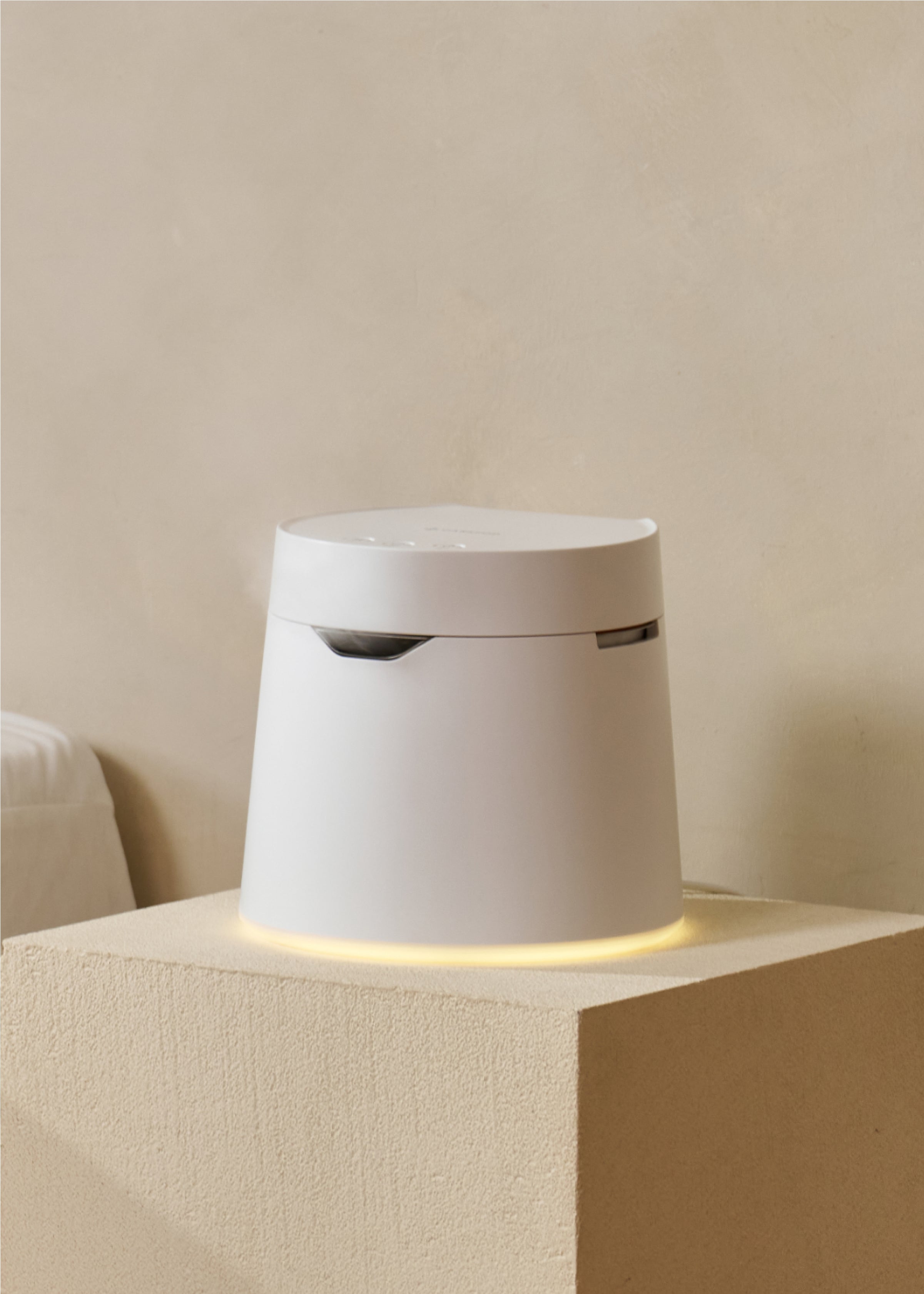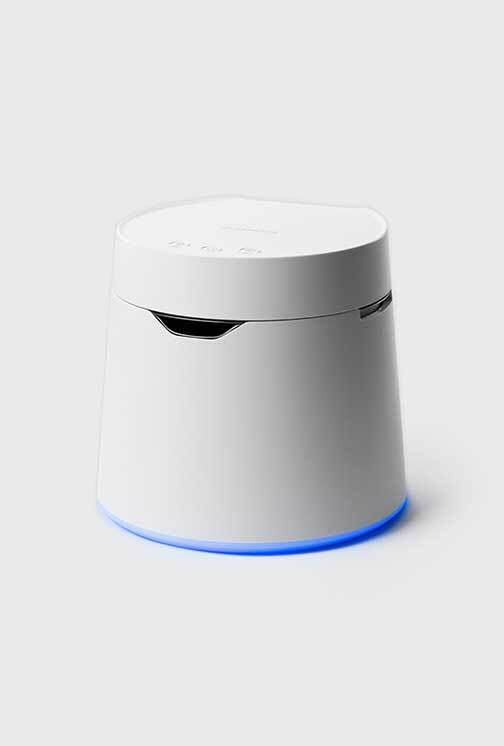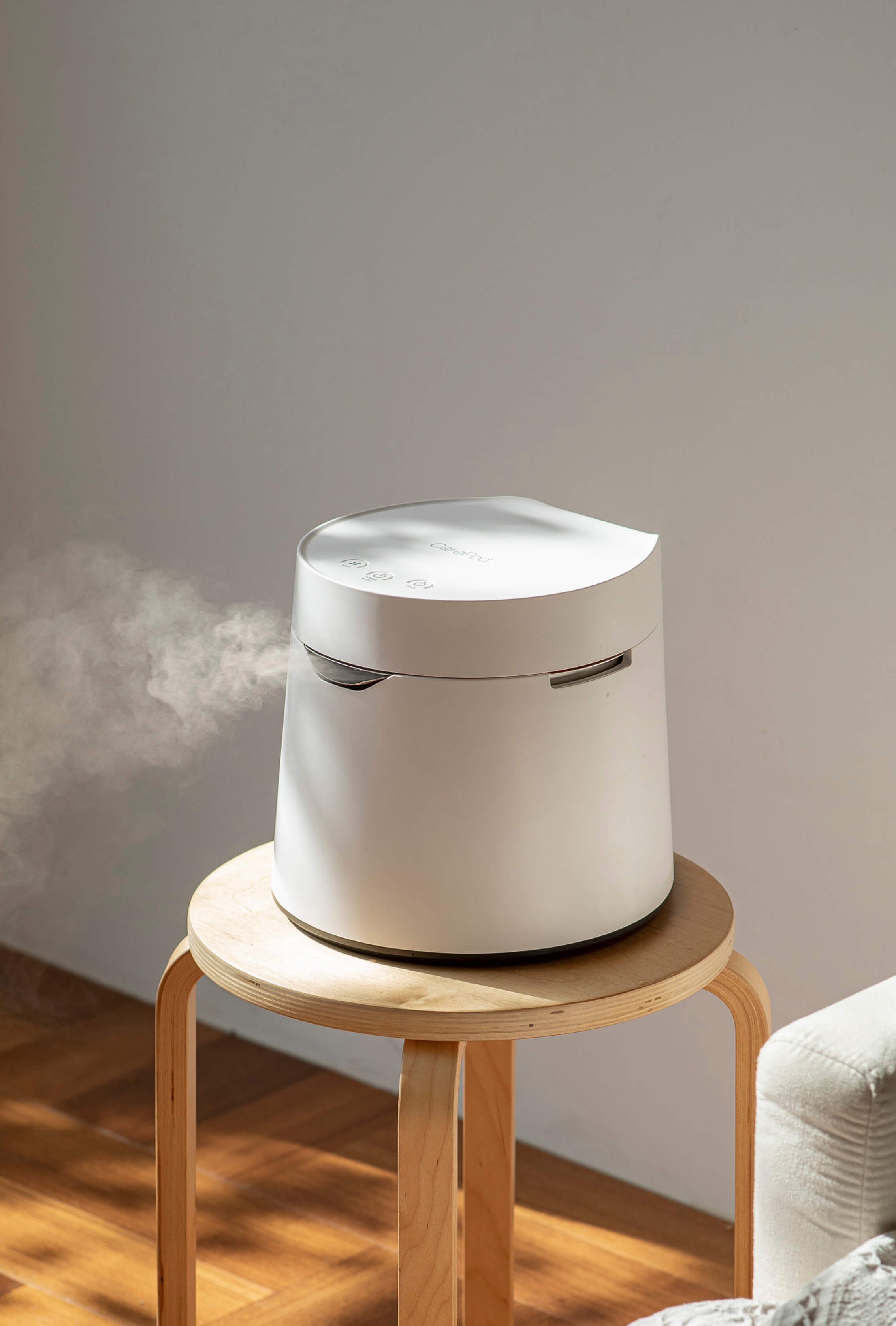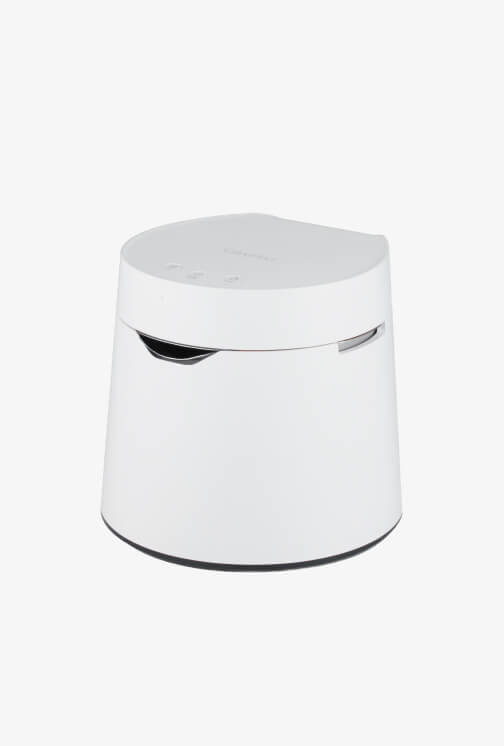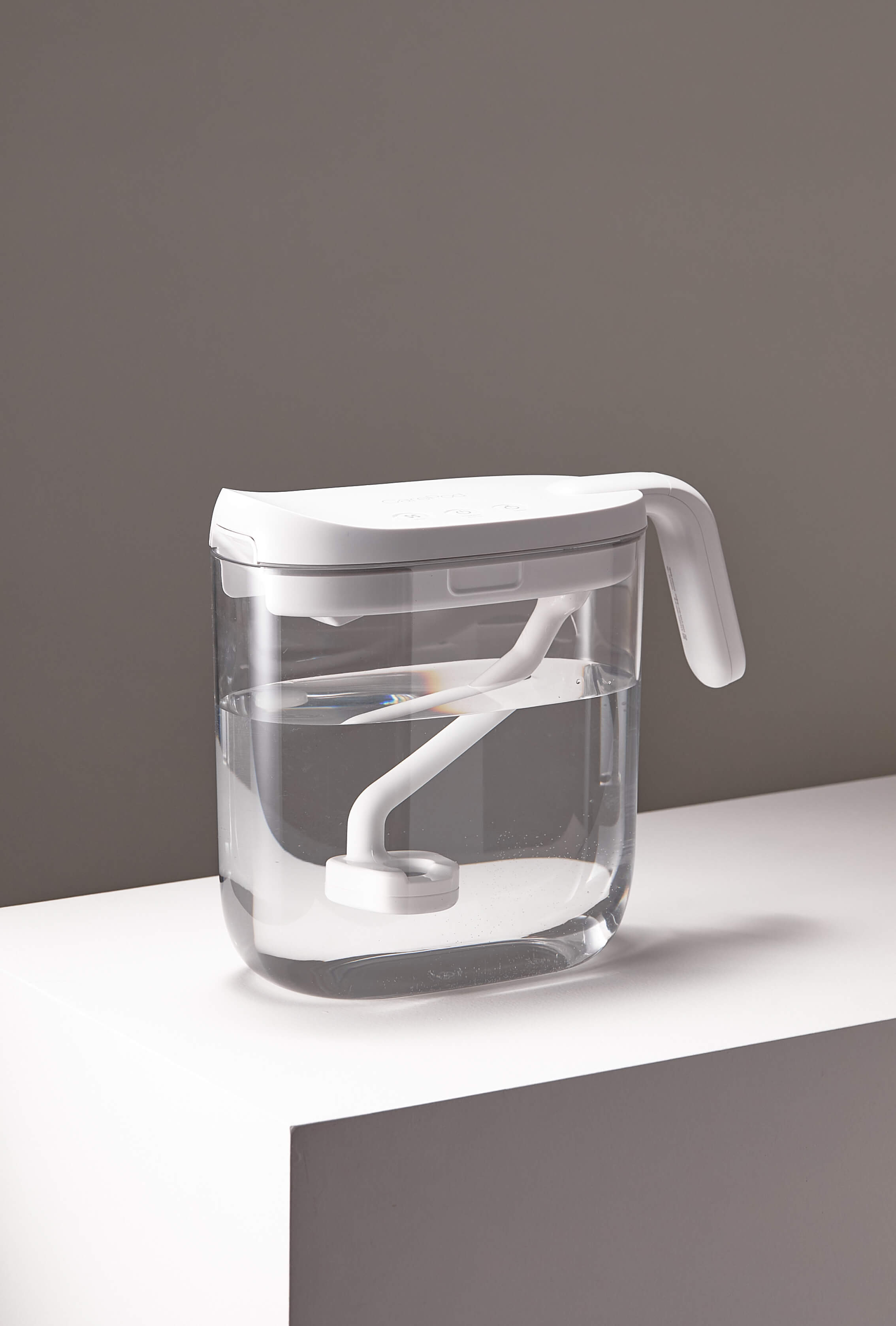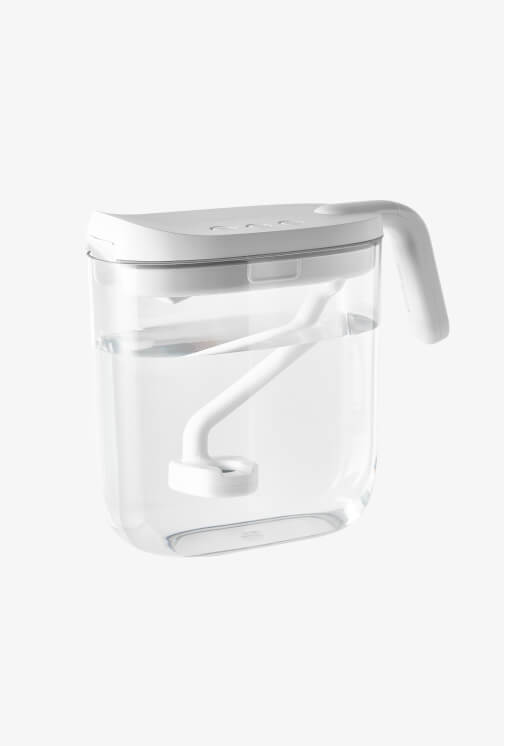Can a Humidifier Help with Sleep Apnea?

If you or someone you love struggles with sleep apnea, you know how disruptive it can be — both to nightly rest and long-term health.
The pauses in breathing, loud snoring, and constant awakenings often leave people feeling exhausted, even after a full night in bed.
While treatments like CPAP machines, oral devices, or lifestyle changes are often recommended, many people wonder if a humidifier for sleep apnea can make a difference.
The short answer: a humidifier isn’t a cure for sleep apnea, but it can improve comfort, reduce dryness, and support better sleep — especially if you already use a CPAP machine.
Here’s how:
1. Reduces Dryness from CPAP Use
For many people with obstructive sleep apnea, a CPAP machine is the go-to treatment. While effective, CPAP therapy can sometimes cause uncomfortable dryness in the nose, throat, and mouth.
A CPAP humidifier attachment or a separate bedroom humidifier can help restore moisture to the air, reducing irritation and making CPAP therapy easier to stick with night after night.

2. Soothes Irritated Airways
Dry indoor air can worsen snoring and throat irritation, making sleep apnea symptoms even more disruptive.
By adding moisture, a humidifier keeps your airway tissues hydrated, calming inflammation and easing that scratchy morning throat that’s common in sleep apnea sufferers.
3. Eases Nasal Congestion
A CPAP machine sends a continuous flow of air through your mouth and/or nose. Exposure to this air can irritate your airways, leading to congestion.
Congestion makes it harder for air to flow freely. Dry air thickens mucus and narrows your nasal passages, further aggravating sleep apnea symptoms.
A humidifier for the bedroom helps keep nasal passages clear, reduces blockages, and makes nighttime breathing smoother — whether you’re using a CPAP or not.
4. Promotes Restful Sleep
Sleep apnea already interrupts your sleep cycle. Add in the discomfort of other seasonal symptoms (like sore throat, coughing, or irritation) and restorative rest feels impossible.
Using the best humidifier for sleep apnea in your bedroom promotes deeper, more comfortable rest by balancing humidity levels, reducing dryness-related snoring, and supporting a healthier sleep environment.

5. Complements Other Sleep Apnea Remedies
Humidifiers aren’t a replacement for CPAP machines or other medical treatments, but they do provide valuable support.
By reducing dryness and irritation, a humidifier helps create an environment where sleep apnea remedies, like CPAP therapy, work more effectively.
Think of it as a small but powerful upgrade to your nightly routine.
Getting the Most Out of Your Humidifier
Keep It Clean
A humidifier can release bacteria or mold if not maintained. Choose an easy-to-clean humidifier and wash it regularly.
Humidifiers with stainless steel tanks, like the bestselling Carepod Cube Plus humidifier, are an even safer option, with the ability to sterilize.
Monitor Humidity Levels
The ideal indoor range is 30–50%. Too much moisture can encourage mold, while too little won’t ease dryness.
Pick the Right Model
For sleep apnea, a warm-mist humidifier or ultrasonic humidifier is often best. They’re quiet, efficient, and add consistent moisture while you sleep.

Conclusion
So, do humidifiers help with sleep apnea? While a humidifier won’t cure the condition, it can make a meaningful difference in comfort and quality of life.
By easing dryness, reducing congestion, and supporting CPAP therapy, a humidifier creates a healthier, more breathable sleep environment.
If you’re looking for a premium humidifier for sleep apnea, consider one that’s easy to clean, safe, and designed for everyday use — the kind that helps you breathe easier, rest more comfortably, and wake up feeling refreshed.
